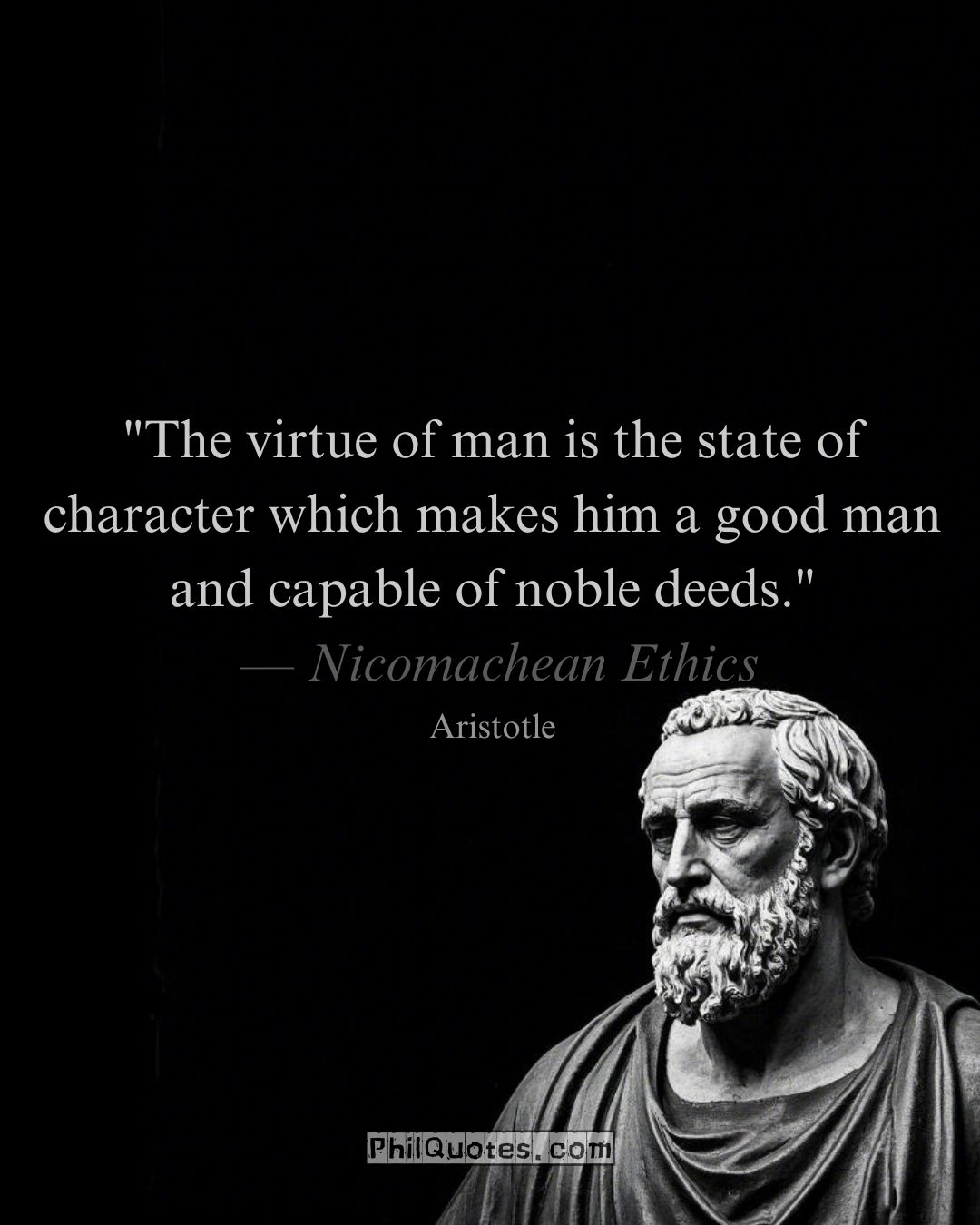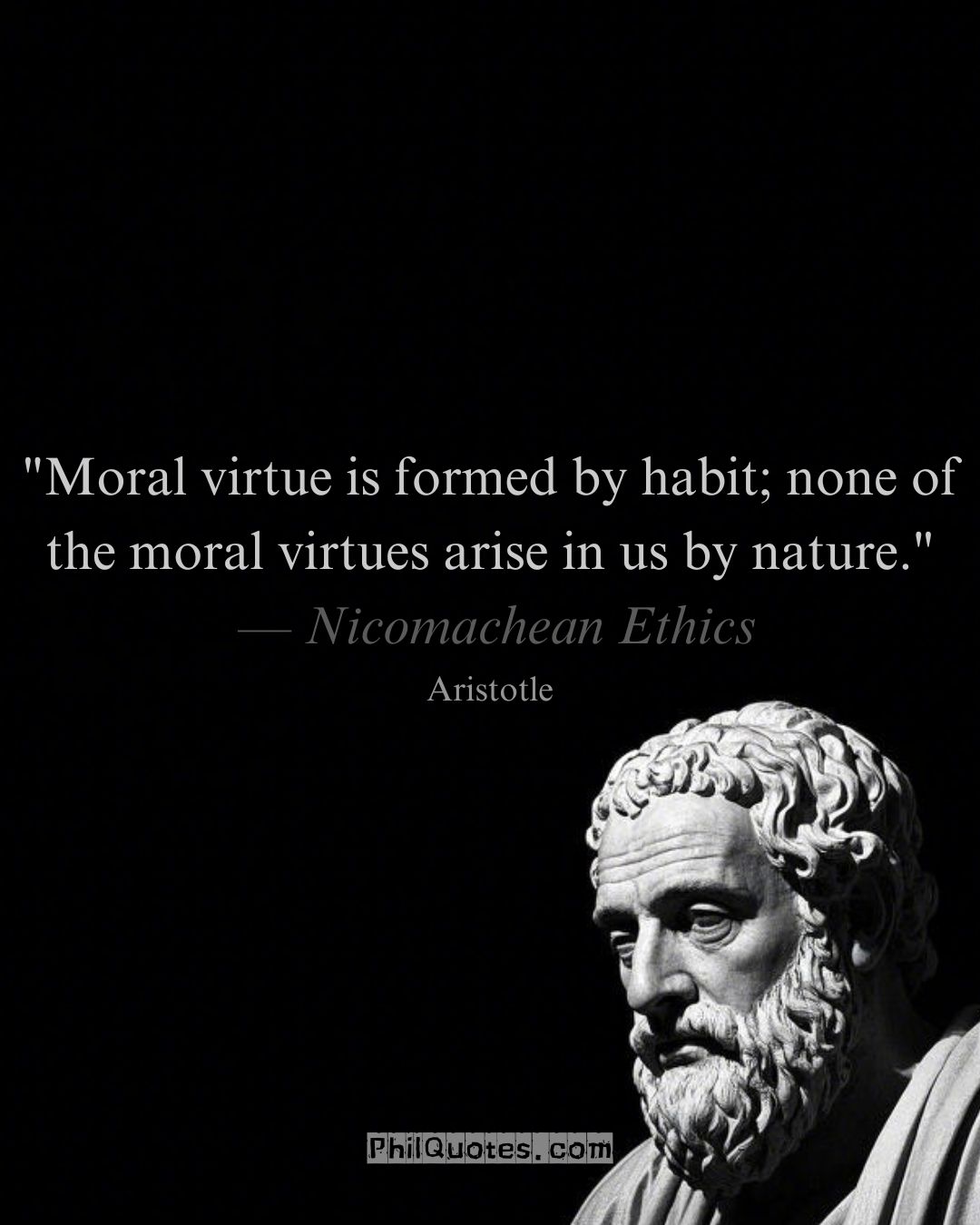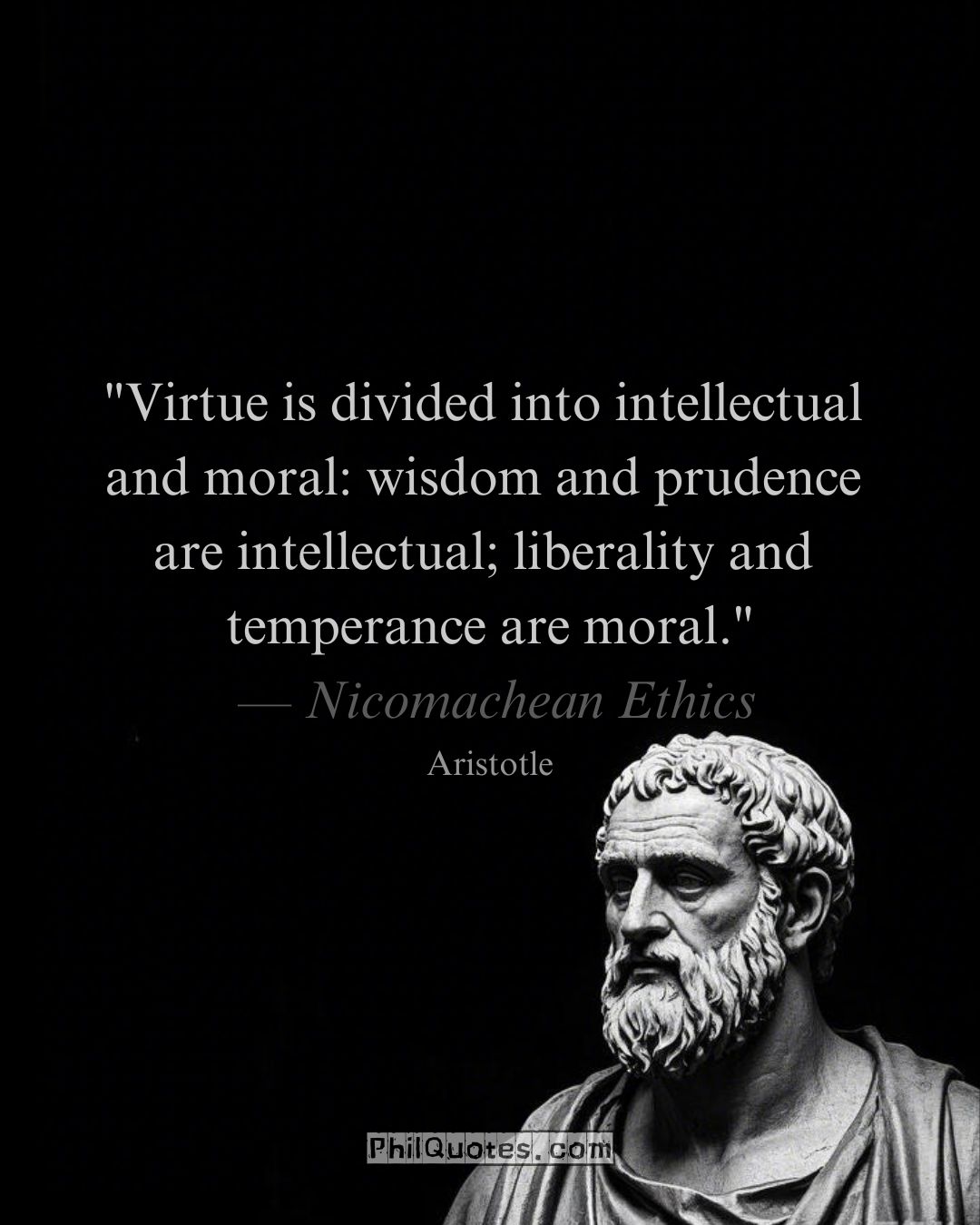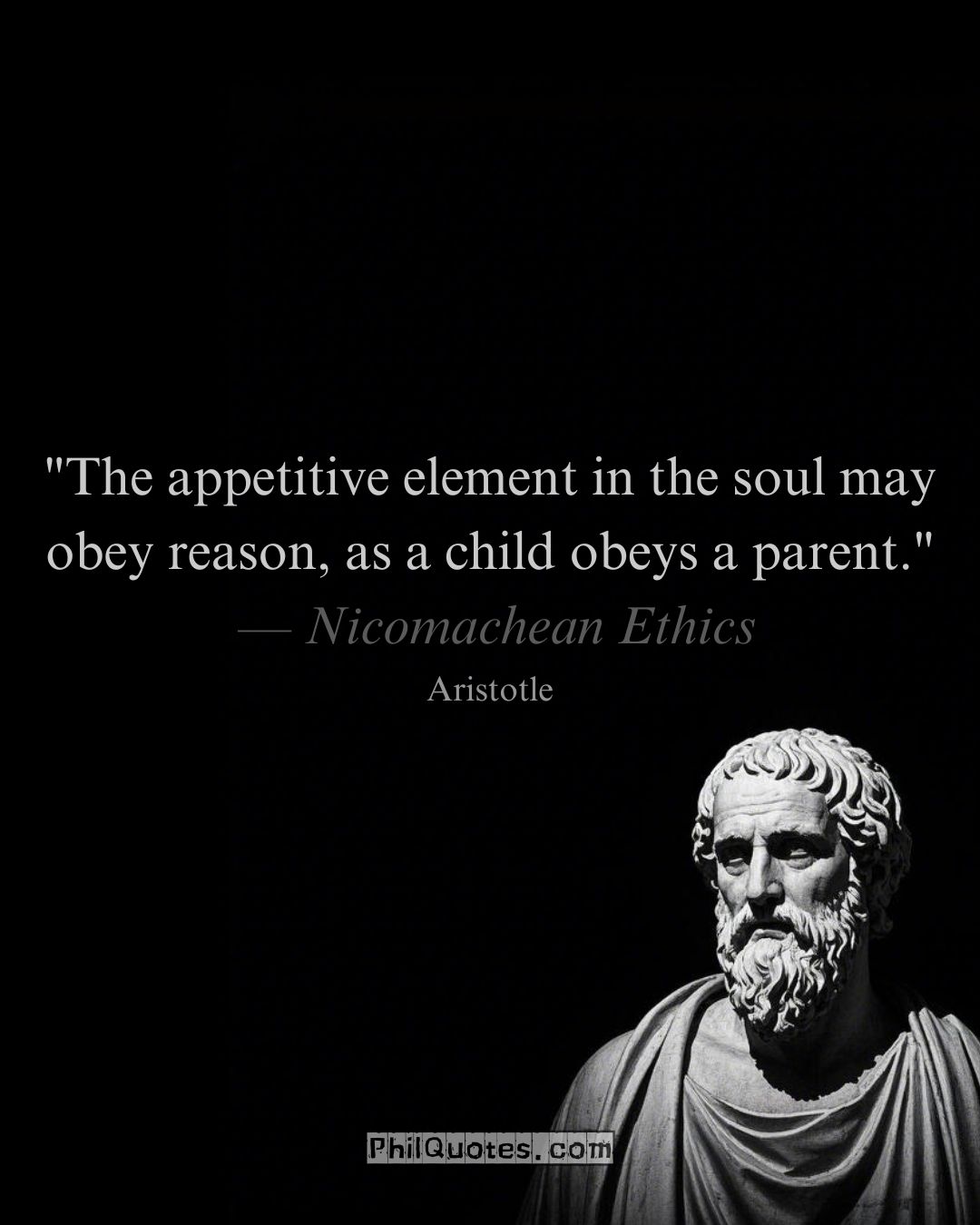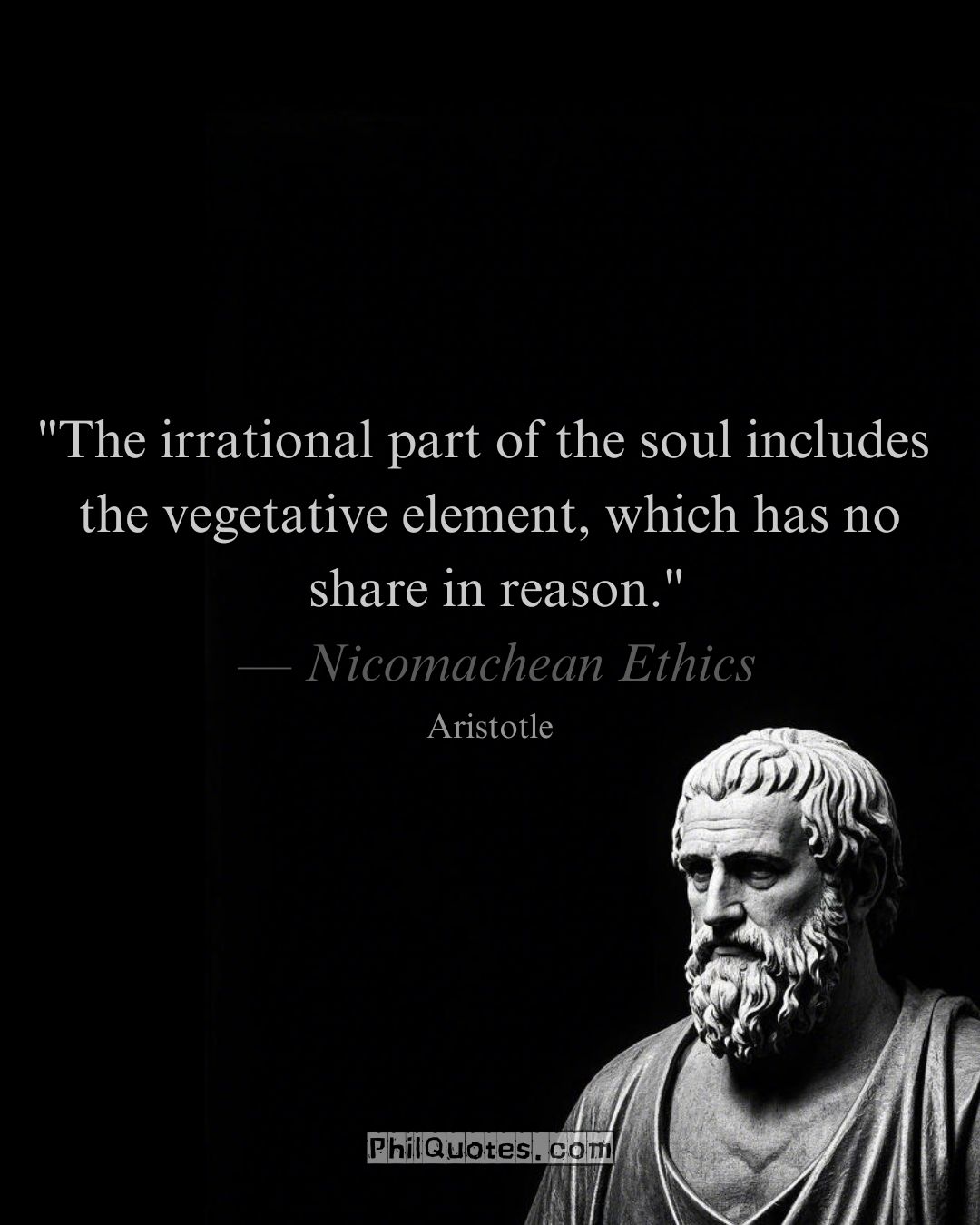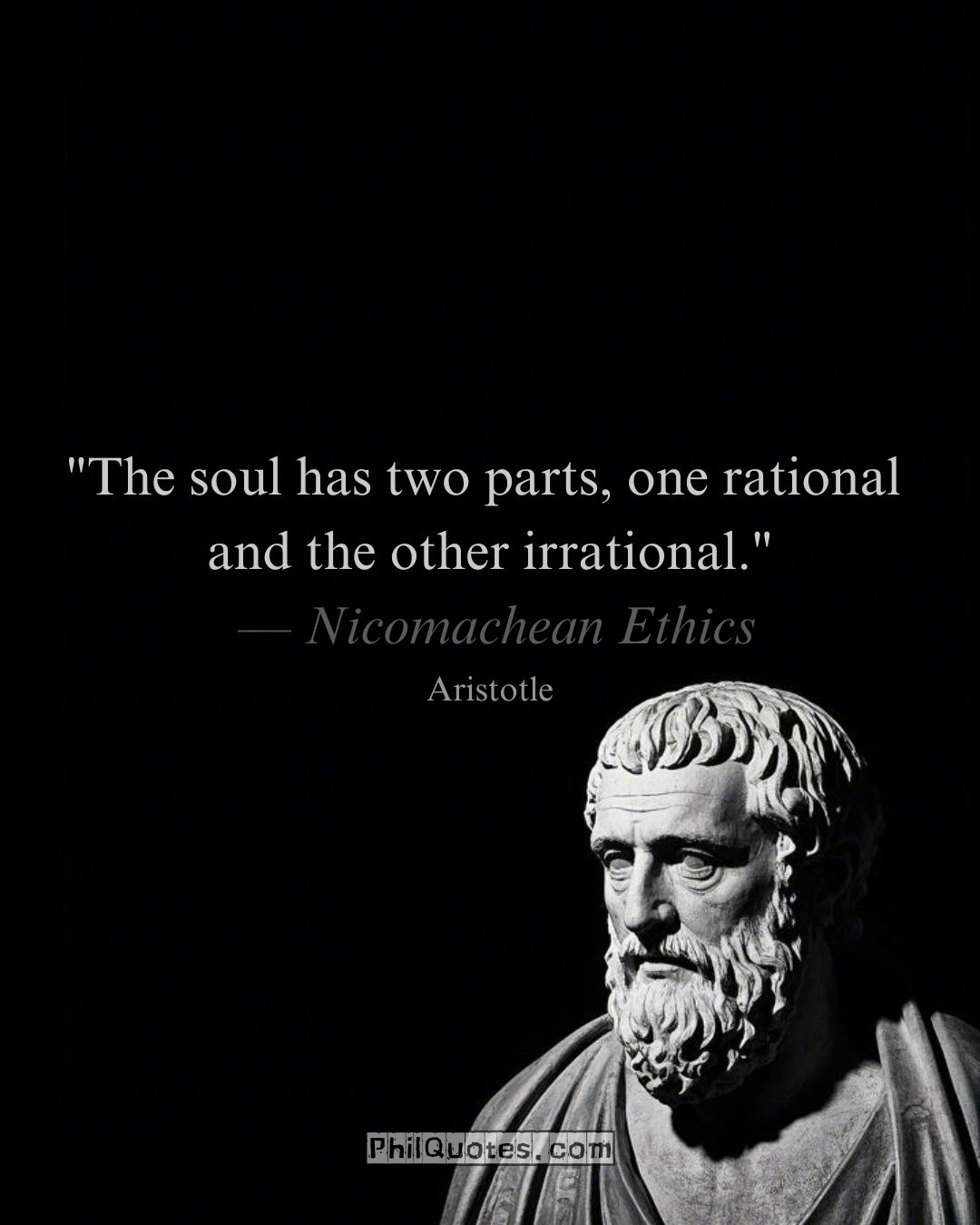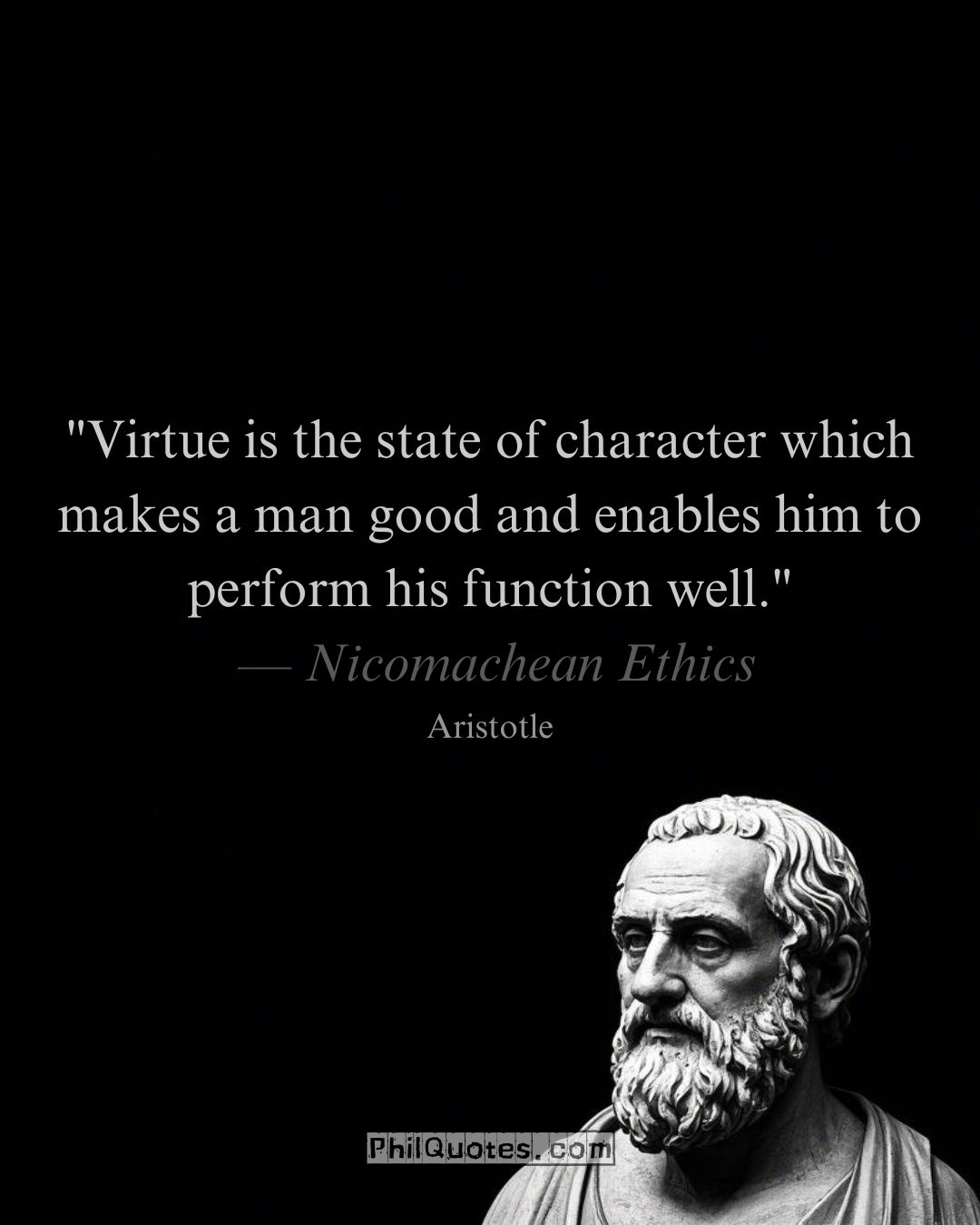Aristotle Nicomachean Ethics Quote: “The virtue of man is the state of character which makes him a good man and capable of noble deeds.”
“The virtue of man is the state of character which makes him a good man and capable of noble deeds.”— Aristotle, Nicomachean Ethics, Book I, Chapter 13 Explanation:Aristotle defines virtue as the architect of human character — a dynamic framework that transforms raw potential into ethical mastery. Like a blacksmith tempering steel, each virtuous act … Read more
